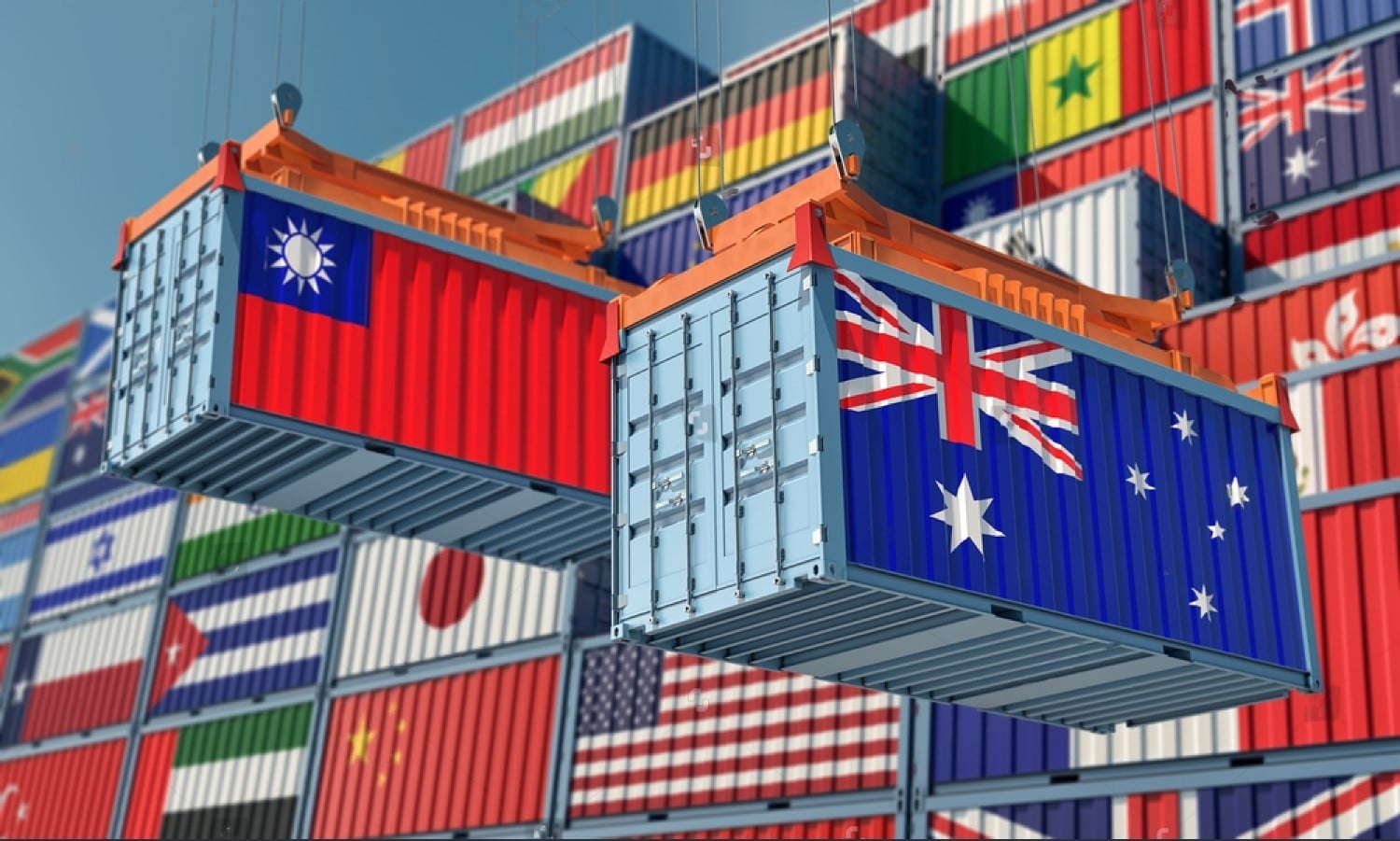Trade Wars and Agri-Commodity Market: Navigating Geopolitical Challenges

In the interconnected world of trade, geopolitics can have a significant impact on the agri-commodity market. Trade wars, driven by political tensions and economic policies, can disrupt supply chains, influence prices, and create uncertainties for businesses operating in the agricultural sector. In this blog, we will explore how trade wars affect the agri-commodity market and strategies that companies can adopt to navigate these geopolitical challenges
The Ripple Effect of Trade Wars
Supply Chain Disruptions: Trade wars can lead to disruptions in supply chains as tariffs and trade restrictions are imposed. This can affect the flow of agri-commodities across borders, leading to delays and shortages
Price Volatility: Tariffs and trade disputes can cause price volatility in the agri-commodity market. Fluctuations in prices can impact producers, traders, and consumers alike, making it challenging to plan and make informed business decisions
Changing Market Dynamics: Trade wars can redirect the flow of agri-commodities, as countries seek alternative sources to avoid tariffs. This shift in market dynamics can create new opportunities and challenges for businesses
Strategies to Navigate Geopolitical Challenges
Diversification: Businesses can diversify their sourcing and distribution networks to mitigate the impact of trade disruptions. By having multiple suppliers and markets, companies can reduce their vulnerability to geopolitical tensions
Market Research: Staying informed about trade policies, tariffs, and geopolitical developments is crucial. Companies should conduct thorough market research to anticipate potential disruptions and adjust their strategies accordingly
Supply Chain Resilience: Building a resilient supply chain that can adapt to changing geopolitical circumstances is essential. This includes having contingency plans and alternative routes to ensure a consistent flow of agri-commodities
Partnerships and Alliances: Collaborating with industry associations, governments, and trade organizations can provide a unified voice in advocating for fair trade policies and resolving trade-related disputes
Mitigating Risks and Seizing Opportunities
Risk Management: Companies can use financial tools like hedging and forward contracts to manage price volatility. These strategies help lock in prices and provide stability in uncertain times
Innovation: Exploring innovative solutions such as vertical integration, e-commerce platforms, and value-added products can help companies adapt to changing market dynamics and reduce reliance on international trade
Global Cooperation and Advocacy
To navigate the challenges posed by trade wars, it’s important for governments and international organizations to engage in constructive dialogue. Collaborative efforts can lead to the easing of trade tensions, the establishment of fair-trade policies, and the creation of a stable environment for agri-commodity businesses to thrive
Trade wars are a reminder of the complex interplay between politics, economics, and the agri-commodity market. Businesses in this sector must be agile, proactive, and well-informed to navigate the challenges brought about by geopolitical tensions. By diversifying supply chains, staying informed, building resilient strategies, and leveraging innovative approaches, companies can not only mitigate risks but also seize opportunities arising from these challenges. In a rapidly changing world, a strategic approach is crucial for agri-commodity businesses to remain competitive and resilient in the face of trade wars and geopolitical uncertainties